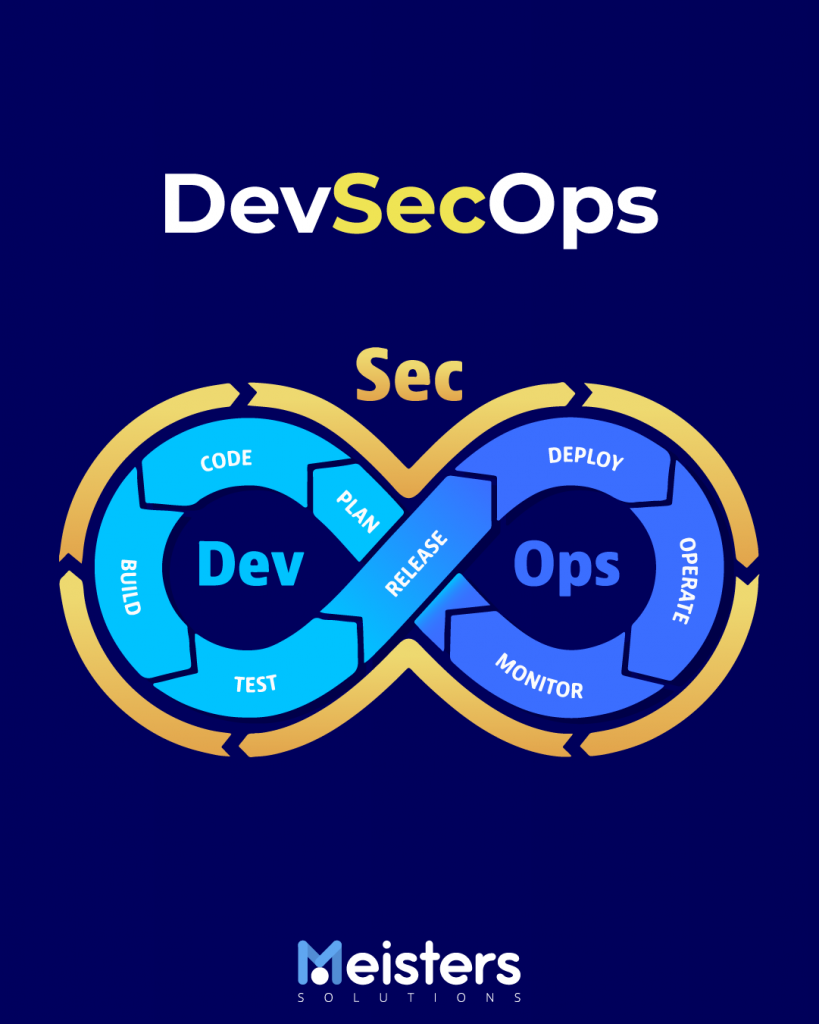Coding to Command
Coding to Command Mastering Project Leadership Transitioning from a skilled developer to a lead developer is both challenging and rewarding. This shift requires a deep understanding of technical aspects as well as the ability to manage projects, mentor team members, and balance technical expertise with leadership responsibilities. In this blog post, we’ll explore the essential …






